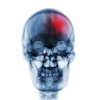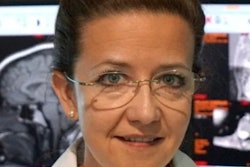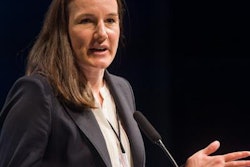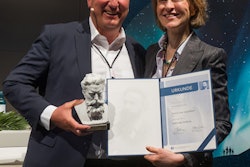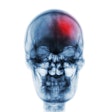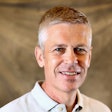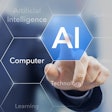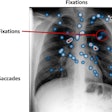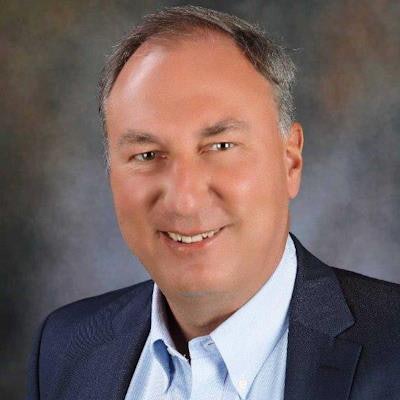
One of Europe's best-known and most influential radiologists, Prof. Jörg Debatin, is convinced that artificial intelligence (AI) algorithms can only work if certain quality criteria are met in the datasets to be diagnosed. The issue of quality and description of data will play a key role in the future, he says.
Debatin, who has held a series of top positions in radiology, hospital management, industry, and government, is to co-chair a special session about AI on Wednesday, 17 May, that will mark the opening of the 104th German Congress of Radiology, RöKo 2023 (Deutschen Röntgenkongress).
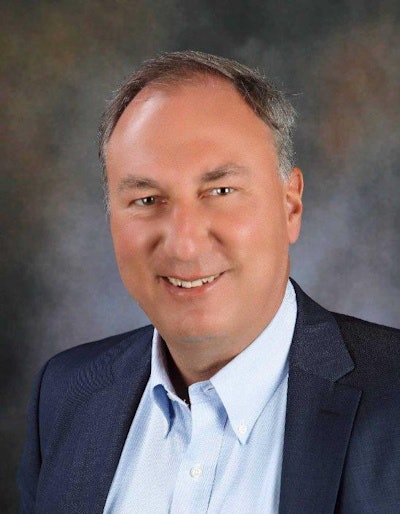 Prof. Jörg Debatin.
Prof. Jörg Debatin."In the opening event, we will show what is possible with AI, but of course we also want to understand its limitations and how we need to complement AI with human intelligence," he noted in a press release issued on 15 May by the Deutsche Röntgengesellschaft (DRG). He added that it is not only the availability of image data that is important for the successful use of AI in radiology but also its quality.
"The issue of quality and description of data will take on a different role in the future than it does at present. We will have to pay much more attention to this issue," noted Debatin, who was formerly chair of the Health Innovation Hub for the German Federal Ministry of Health and vice president and chief technology and medical officer for GE Healthcare.
Adventurous research
The central theme of RöKo 2023 is "Abenteuer Forschung," or "Adventurous Research." The title of the opening session on AI is "Natürliche Intelligenz versus Künstliche Intelligenz," or "Artificial Intelligence versus Natural Intelligence."
Debatin's co-chair is Prof. Michael Forsting, head of radiology and the Institute for AI in Medicine (IKIM) at the University Medical Center Essen, Germany.
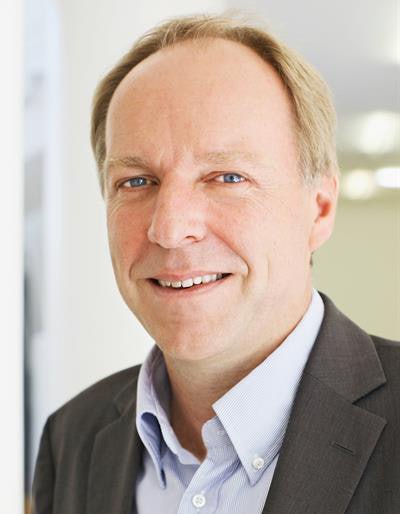 Prof. Michael Forsting.
Prof. Michael Forsting."Germany currently lacks the appropriate structure. We first have to build up a treasure trove of image data," Forsting said. "To this end, we have founded the 'Institute for Artificial Intelligence in Medicine' in Essen, for example. The institute can draw on radiological data, but also on other data, so that it can be used to train AI, for example."
The potential of AI lies in the quantification of data, both now and in the future, but it is still difficult to assess how this data can be interpreted and will also have to be proven in scientific studies, he continued.
"Whenever it comes to quantification, AI will be able to solve this well. Will AI be able to reliably convert all differential diagnoses into a correct diagnosis in the end? AI can't be better than the best radiologist either, because the data sets are annotated by humans. We'll have to wait and see," Forsting commented.
The power of partnerships
Debatin is a strong advocate of partnerships between industry and academia in supporting healthcare, as well as the closer involvement of radiologists in the corporate world.
"One of the hallmarks for successful companies in the med-tech space is the intense involvement of clinical partners in the conception, development, and evaluation of their innovations," he told Prof. Thomas Beyer, PhD, MBA, in a 2021 interview. "Innovators need a "friendly user" environment to test and refine their novel products and services. They need a "critical friend" for unfiltered and immediate feedback to improve the tested solutions."
Academic medical centers can provide such testing grounds without compromising the safety and integrity of their patient care, according to Debatin, who was professor and chair at Essen before becoming the medical director and CEO at University Medical Center Hamburg-Eppendorf and then CEO of Amedes AG.
"Curiosity was and continues to be the decisive driver in my professional life. Throughout my journey I have, however, remained fiercely loyal to health care. To me, health care is so special, because it combines the pursuit of an honorable societal purpose with a maximum of innovation (in the way of technology), regulation, and organization," he said.
German-speaking readers can find out more about Debatin's views in another interview by Beyer that formed part of a series of lectures on the pandemic.
Also, further information about the Wiesbaden meeting can be found at www.roentgenkongress.de.


